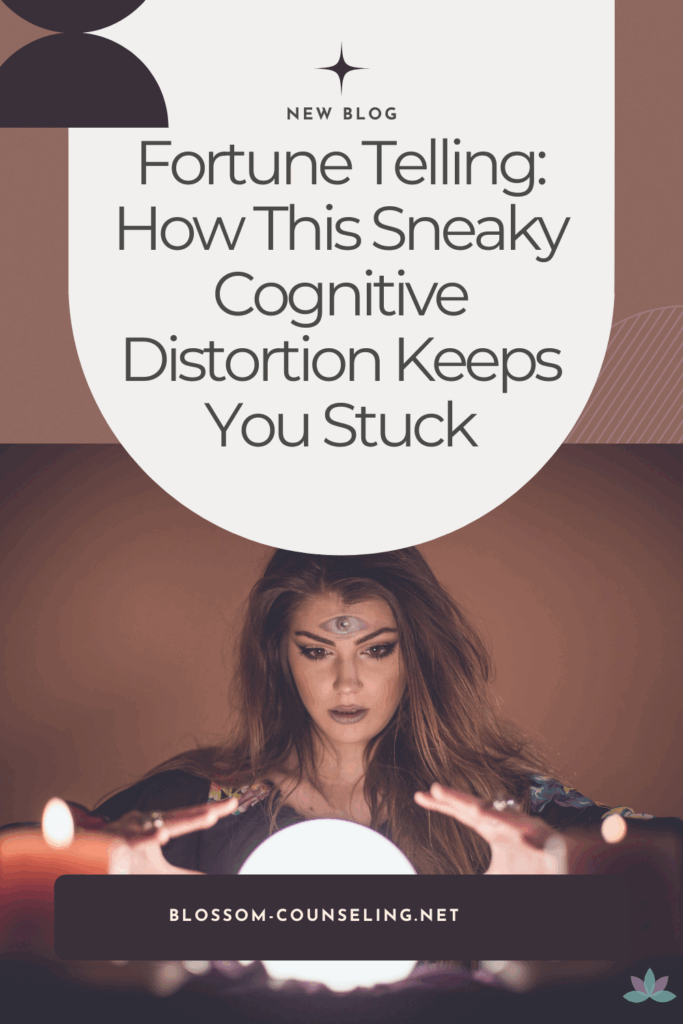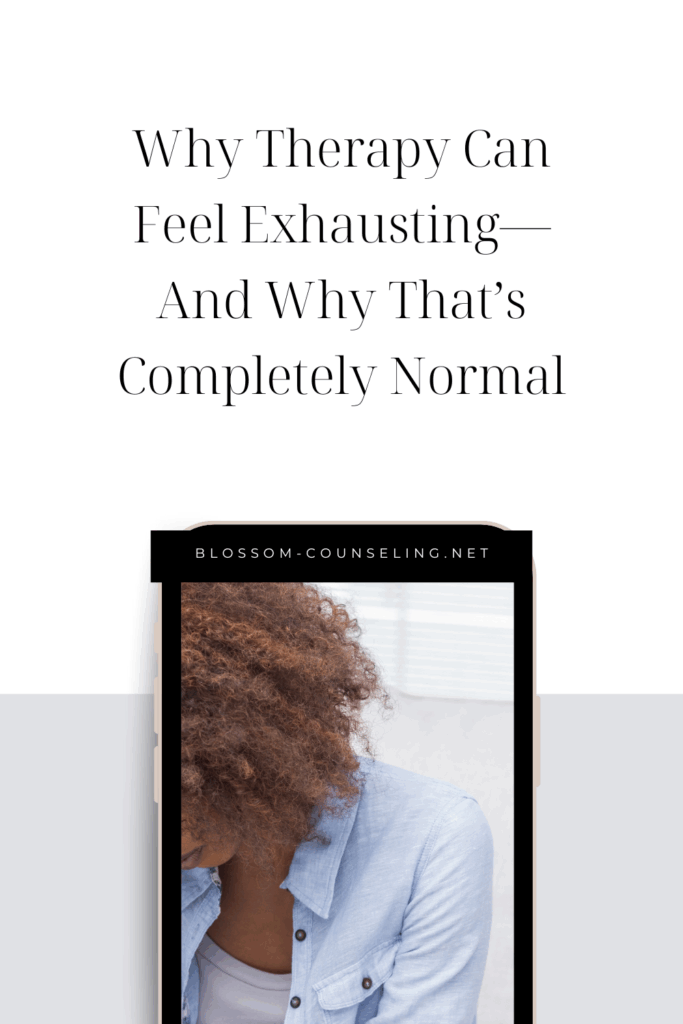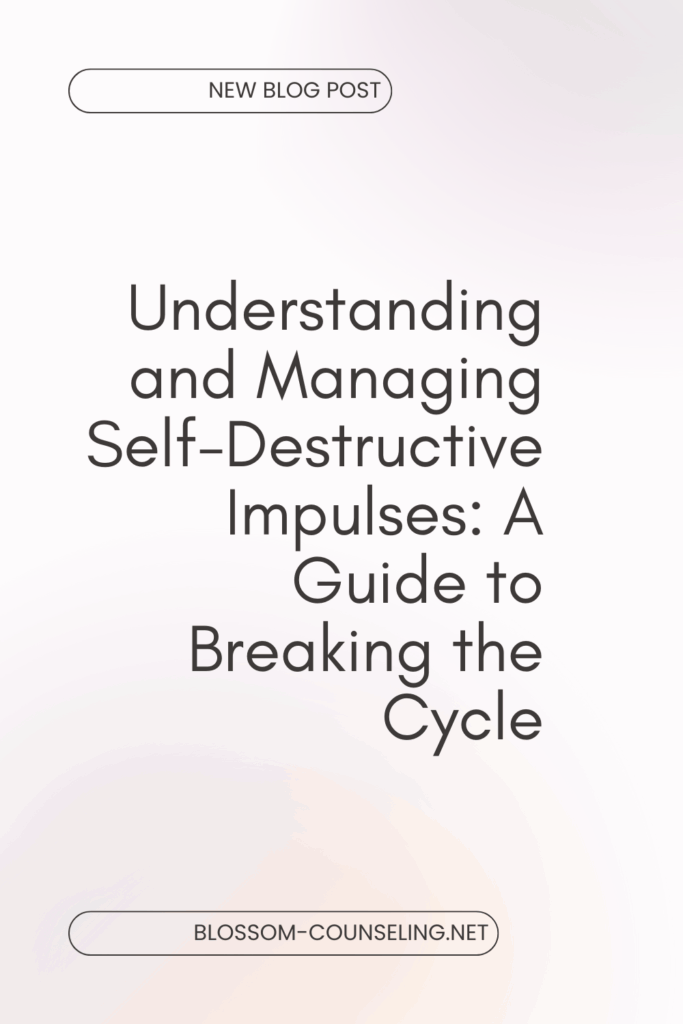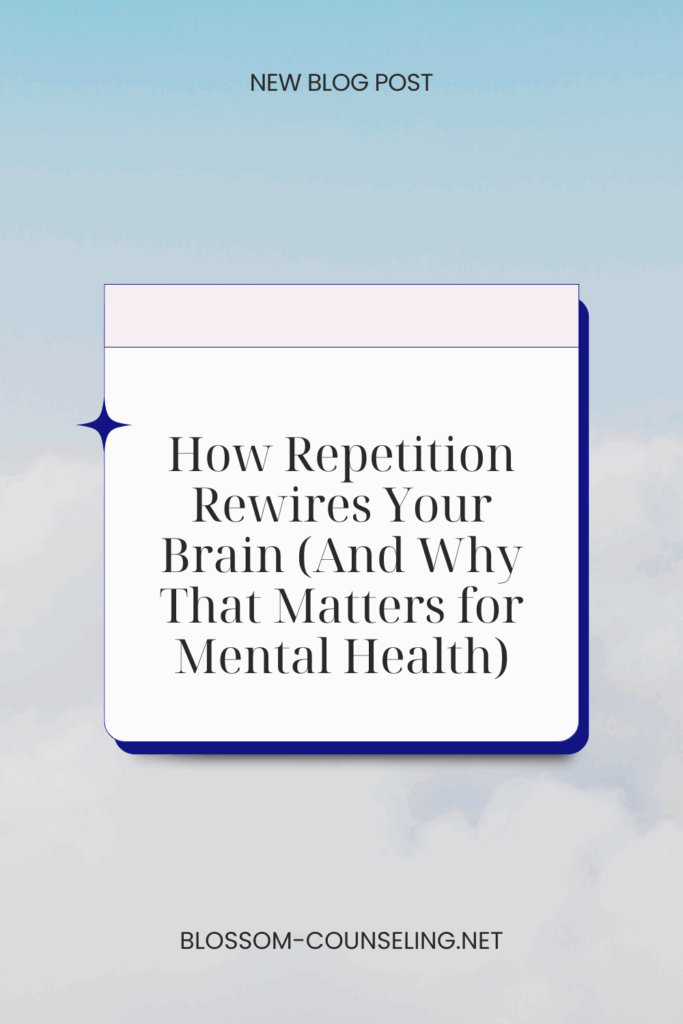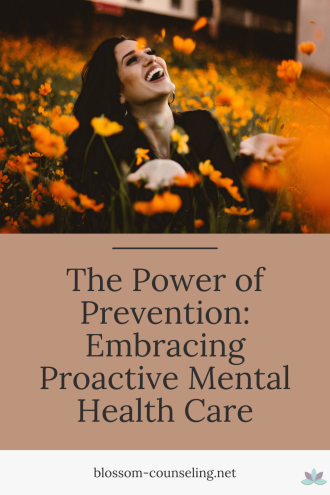
In a world that often feels like it’s spinning faster by the day, taking a moment to consider our mental well-being is more crucial than ever. While we’re quick to address physical ailments with routine check-ups and preventive measures, the concept of preventative care in mental health might not be as well-known—but it’s just as important. Let’s unpack why proactive mental health care can be a game-changer in how we live our lives and manage stress, anxiety, and other mental health challenges.
Understanding Preventative Mental Health Care
Preventative mental health care involves adopting strategies and habits that promote psychological well-being and reduce the risk of developing mental health disorders. It’s about recognizing the early signs of mental strain and addressing them before they escalate into more severe issues. This approach can vary widely, from structured therapy sessions to lifestyle adjustments that foster mental resilience.
Building a Mental Health Toolkit
Creating a personal mental health toolkit is a proactive way to embrace preventative care. This toolkit can include a variety of resources tailored to individual needs and preferences. Here are a few tools that might come in handy:
- Mindfulness and Meditation: Regular practice can significantly reduce symptoms of anxiety and depression, helping to maintain a calm and present state of mind.
- Physical Activity: Exercise releases endorphins, often touted as natural mood lifters. Incorporating regular physical activity into your routine can act as a buffer against stress.
- Adequate Sleep: Sleep and mental health are closely intertwined. Ensuring you get enough rest is crucial for cognitive function and emotional regulation.
- Healthy Eating Habits: Nutrients, like omega-3 fatty acids, zinc, and magnesium, play roles in mood regulation and brain health. A balanced diet can influence your mental health positively.
- Social Connections: Building and maintaining strong relationships contribute to emotional support and can protect against mental illnesses like depression.
Recognizing Early Signs
One of the pillars of preventative care is recognizing the early signs of mental distress. Changes in mood, energy levels, sleep patterns, or appetite can all be indicators that something is off. By staying attuned to these shifts, individuals can seek help early, potentially mitigating more severe mental health challenges down the road.
The Role of Therapy
Therapy isn’t just for crisis moments. Regular therapeutic sessions can be a preventive measure, offering a space to explore thoughts and feelings, develop coping strategies, and learn more about oneself. Therapists can also help identify potential mental health triggers and teach techniques to manage them proactively.
Lifestyle Adjustments for Mental Resilience
Incorporating small, daily practices that promote mental health can lead to significant benefits over time. Whether it’s setting aside time for hobbies, practicing gratitude, or ensuring some ‘me’ time, these activities can bolster your psychological resilience.
Embracing a Holistic Approach
Preventative mental health care is holistic, considering various aspects of lifestyle from exercise and nutrition to socializing and personal growth. It emphasizes the interconnectedness of physical and mental health and the role of environment and lifestyle in overall well-being.
By integrating these practices into daily life, individuals can not only improve their current mental health but also build a foundation that might prevent more serious issues from developing. In the end, the goal of preventative mental health care is to live more fully, understanding and nurturing the mind as diligently as we do the body.
Our team of compassionate therapists is here to help you find the support you need. We believe in a holistic approach, treating your mind, body, and spirit. With a blend of traditional and alternative therapies, we tailor your experience to meet your unique needs. At Blossom, we create a non-judgmental space where you can be your authentic self. Our goal is to empower you, amplify your strengths, and help you create lasting change. Together, we’ll navigate life’s challenges and help you bloom, grow, blossom! You deserve to become the best version of you.

